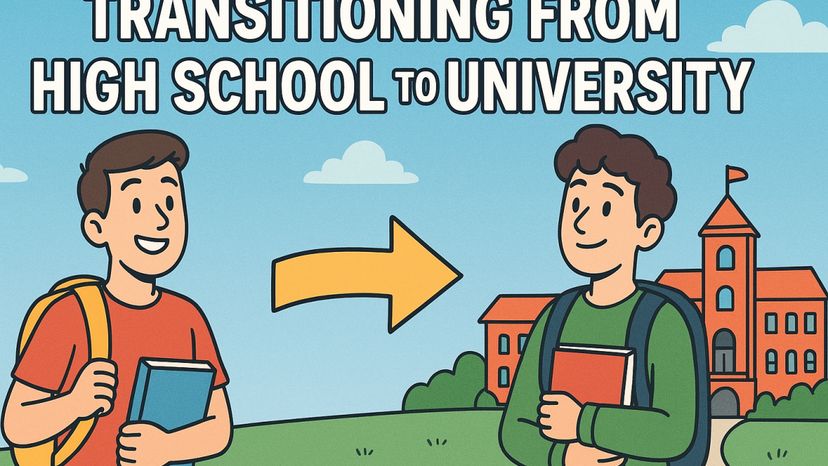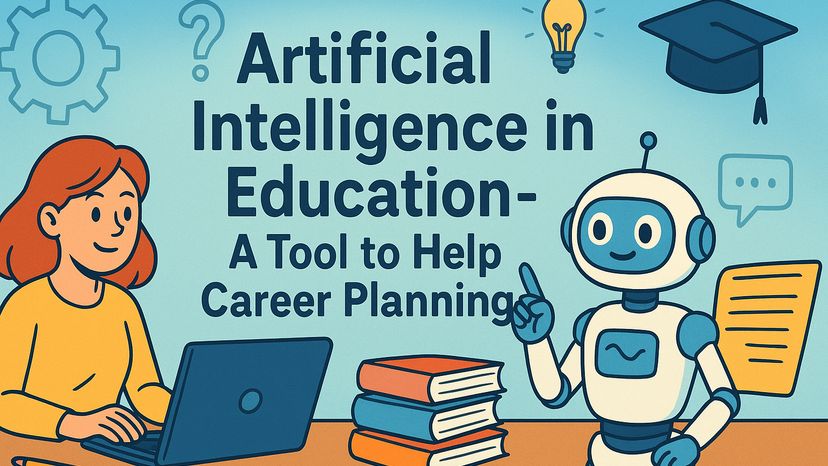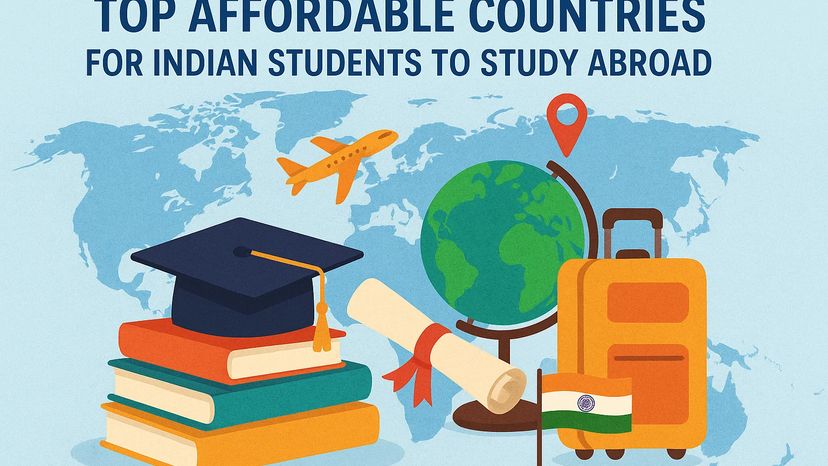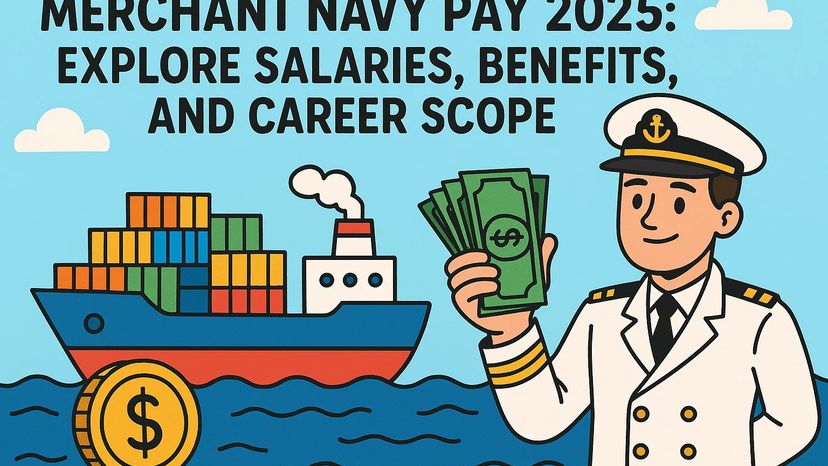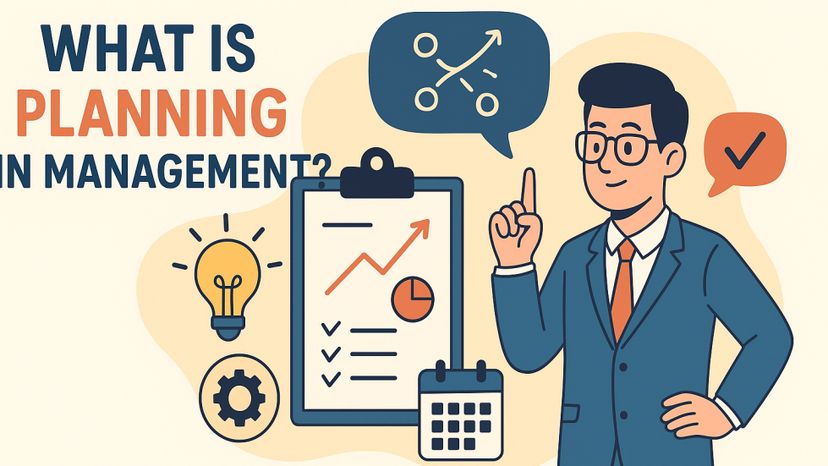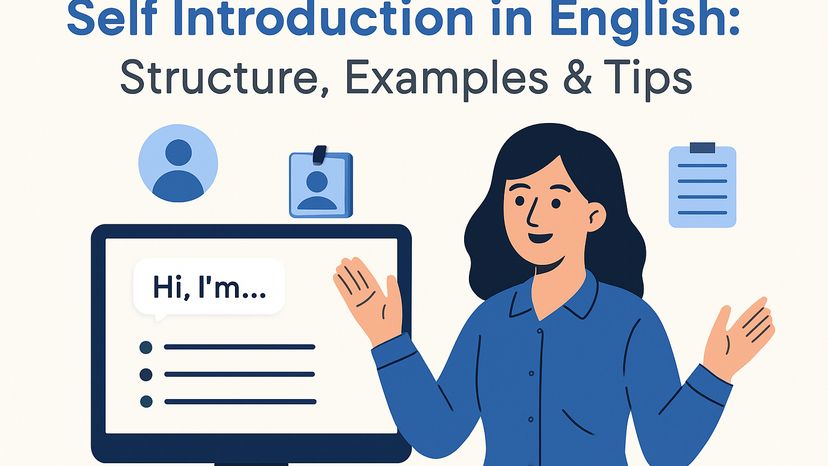India is home to the world’s largest student population—over 26.5 crore children in school and 4.3 crore in higher education. A further 11 crore people attend skill programmes.The enormous talent pool is the engine of India’s economic ambitions, but young people face a difficult question: how do young people choose a career path? Career choice is harder than ever. Globalisation and technology have created hundreds of new professions, and the New Education Policy (NEP) 2020 calls for holistic development that blends academics with skills. In this context, the future of career counselling in India becomes a national priority. In this article we review the career counselling market in India, highlight key data from career guidance statistics India, trace career counselling industry growth India, identify trends in Indian career counselling, and explore the career counselling demand in India. We examine insights from every career guidance report India we could find, assess the market size of career counselling in India, situate the sector within the broader Indian education and counselling sector, and discuss the growth of career counselling post‑NEP.
With over 26.5 crore school students and only around 10,000 trained counselors, India’s student‑to‑counsellor ratio is about 1:3,000—far higher than the globally recommended ratio of 1:250. Such a gap highlights the career counsellor shortage India. Research indicates that over 93% of students know ten careers or less from more than 250 possible options. The lack of awareness and understanding of the number of possible careers leads to high dropout rates and mismatched education and employment. The career counselling demand in India is hence based on numbers and the number of career complexity.
Economic impact
Good guidance has economic implications. When students choose fields aligned with market demand, they are more likely to find fulfilling work. According to surveys, 70% of Indian students and professionals feel confused about their career choices. That confusion affects productivity and costs the economy billions. Conversely, the career counselling market in India offers a robust opportunity for entrepreneurs, schools and digital platforms. The market size of career counselling in India is estimated at more than ₹5,000 crore with a 15% compound annual growth rate, reflecting high willingness to invest in guidance. More than five lakh people search for counselling online every month, and some 400 million Indians aged 15–35 could benefit from systematic advice.
Market Size and Growth
The career counselling industry growth India is fuelled by demographics, education expansion and policy. The target population is not limited to schoolchildren; college students, working professionals and career changers also seek help. Analysts peg the market size of career counselling in India at roughly ₹5,000 crore. This includes income from one‑on‑one sessions, psychometric testing, workshops and digital subscriptions. The sector’s 15% CAGR suggests revenues could double by the end of the decade.
Key drivers include:
· Demographic dividend: India’s working‑age population will be the world’s largest by 2030. This vast cohort increases the career counselling demand in India.
· Education expansion: There are over 1,265 universities and 50,000 colleges in India. More students means greater need for counselling and bigger opportunities for the career counselling market in India.
· Policy reforms: The NEP 2020 career guidance impact makes counselling a mandatory part of school education. Implementation of the policy is expected to accelerate the growth of career counselling post‑NEP.
- Technology adoption: Affordable smartphones and internet access are allowing digital career counselling services to reach some of the most remote locations. These services can scale quickly which allows them to address the shortage of career counsellers in India and help to approach the future of career counselling in India.
· Technology adoption: Affordable smartphones and internet connectivity enable digital career counselling platforms to reach remote areas. These platforms scale quickly, addressing the career counsellor shortage India and transforming the future of career counselling in India.
Trends Shaping Career Counselling
Several trends in Indian career counselling are changing how services are delivered and who uses them.
Digital platforms
One major trend is the rise of digital career counselling platforms. These apps and websites offer online assessments, AI‑driven recommendations and live chat with experts. They democratise access and scale up guidance services. Digital platforms help close the student‑counsellor ratio India gap by allowing one expert to guide hundreds of people through webinars and chat sessions. They also gather data to improve career guidance statistics India, making advice more personalised.
Lifelong guidance
Counselling now serves not just adolescents but also graduates and mid‑career professionals. With job roles evolving rapidly, people seek help when switching fields, upskilling or exploring emerging sectors. This shift expands the career counselling demand in India. It also means that the future of career counselling in India will encompass lifelong learning rather than a single decision at age 17.
Integration with skill development
Counselling is often linked to skill programmes. Internships or micro-credentials allow students to experience new industries.This integration supports the Indian education and counselling sector by connecting academics with employability. It also supports policies promoting vocational training and underscores the NEP 2020 career guidance impact.
Data‑driven insights
Career advisors depend on career guidance statistics India to substantiate their recommendations. They rely on data collected from various organizations on growth in jobs, salary trends and emerging skills to advise their clients. In this data-driven age, using statistics to make decisions tends to improve outcomes and boosts clients' confidence in guidance services, and clinics/centres can grow in the career counselling market in India.
Start-up ecosystem
The growth of career counselling startups in India illustrates that there is innovation transforming the sector.Many startups offer subscription models, white‑label solutions for schools and AI‑powered assessments. Their growth contributes to the career counselling industry growth India and introduces competition that drives quality improvements.
The Indian Education and Counselling Sector
India’s education system is vast and diverse. There are 1.5 million schools, 98 lakh teachers, hundreds of different curricula and wide disparities between urban and rural regions. This complexity makes the Indian education and counselling sector a critical foundation for effective guidance. Regional disparities mean that schools in some states have modern counselling programmes while others lack basic infrastructure. Closing these gaps is essential if the career counselling demand in India is to be met universally.
High enrollment does not automatically translate into employment. The youth employment statistics India indicate a high level of unemployment for graduates, compared to those with vocational skills. Consequently, it is important that counsellors be able to provide students with guidance to industries that reflect labour market trends. Areas of particular interest are technology, healthcare, renewable energy and digital services. By aligning education to employment, the education sector will be able to maximise India’s demographic dividend effectively.
NEP 2020 and Its Relevance
The NEP aims to transform education through flexibility, interdisciplinarity and skill integration. Career guidance is embedded within the policy. Schools are tasked with establishing counselling cells and exposing students to various professions. The NEP 2020 career guidance impact is evident where schools have implemented aptitude tests and career awareness programmes from middle grades. The career counsellor shortage India, presents a large barrier. India requires about 1.4 million counsellors based on global standards, but has less than 10,000 trained professionals.
Successful implementation will be dependent on funding, upskilling and collaboration with digital career counselling platforms. Early successes show improved student engagement and more informed course choices. Over time, the policy could normalise counselling and create a culture in which guidance is proactive rather than remedial, accelerating the growth of career counselling post‑NEP.
Growth Projections and Challenges
Analysts believe that the career counselling industry growth India will remain strong. If current trends continue, the market size of career counselling in India could double within five to seven years. However, challenges persist:
· Awareness: Many parents and students still see counseling as unnecessary. Campaigns showcasing data from career guidance statistics India can illustrate its benefits.
· Shortage of professionals: Addressing the career counsellor shortage India requires training programmes and standards to ensure quality guidance. This will improve the student‑counsellor ratio India and build trust.
· Digital divide: Not all regions have reliable internet connectivity. Government and non-government plans to improve internet connectivity and digital literacy will improve access to digital career counselling platforms.
· Ethical considerations: Counsellors must ensure that personal data is protected and that advice is non-biased and rational. Industry guidelines and regulation is needed.
Opportunities exist regardless! Co-operation by the federal and provincial governments, schools, businesses and startups can support the Indian education and counselling sector. By leveraging technology and creating human capital, India can leverage one of its most valuable assets into stable and sustainable population growth.
Frequently Asked Questions (FAQs)
What is the present size of the career counselling market in India?
Experts suggest the overall career counselling market in India exceeds ₹5,000 crore, including revenues from the in-person sessions, online assessments and other related services. The market size of the career counselling in India is growing at around 15% per year.
How serious is the shortage of career counsellors?
The career counsellor shortage India is acute. International guidelines recommend a 1:250 counsellor‑to‑student ratio, yet India’s ratio is around 1:3,000. India needs approximately 1.4 million counsellors to meet demand but currently has fewer than 10,000.
How has NEP 2020 affected counselling? NEP 2020 emphasises vocational exposure and career guidance from early schooling. Its implementation has spurred the growth of career counselling post‑NEP by encouraging schools to set up guidance cells and adopt digital career counselling platforms. The NEP 2020 career guidance impact is expected to expand access and improve quality.
What are the main trends in career counselling? Trends in Indian career counselling include the growth of digital career counselling platforms, the shift toward lifelong guidance, integration with skill programmes, reliance on data and the rise of career counselling startups in India. These trends are reshaping the future of career counselling in India and contributing to the career counselling industry growth India.
Why do we need data in counselling? Career guidance statistics India provides evidence for making informed choices. Counsellors use labour market data, salary trends and job forecasts to advise students. Data‑driven guidance helps individuals align their interests with market demand and supports the career counselling market in India.


